Vibrant, daring hues and patterns emerged as a defining characteristic of the 1980s, inspired by the attire worn by black and Afro-American communities in urban areas.
During the 1980s, there was a growing interest in the cultural legacy of the black community, leading to the rise in popularity of fabrics, patterns, and colors that drew inspiration from Africa.
In the 80s, fashion designers Kelly Patrick and Willi Smith became famous for their ability to convert and capture unique energy by infusing culturally playful clothing into their designs.
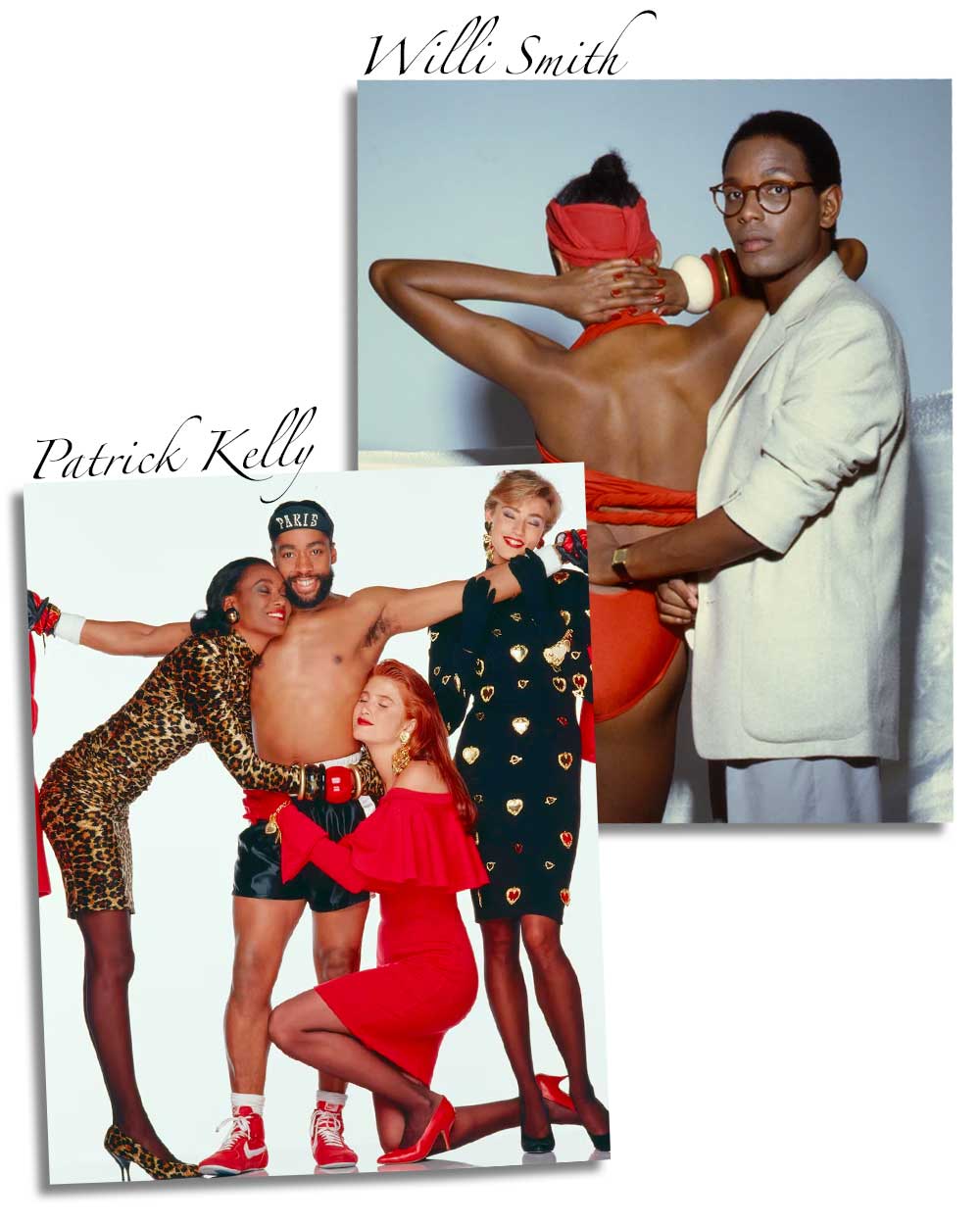
Both in the United States and globally, Black and Afro-American music, sports, and film stars had an equally significant impact on influencing the prevailing styles of that era.
Rapidly accepted by other communities, vibrant attire in daring designs became a distinctive feature of 80s fashion.
This section will explore the iconic black fashion trends of the 80s, which continue to make the style and taste of that unforgettable decade.
1. Hip-Hop Fashion

The emergence of the 1980s saw several popular clothing trends influenced by black musicians, celebrities, and pioneering designers.
One such phenomenon was the emergence of the 80s hip-hop fashion trend for males, influenced by the celebrities of that era.
Popularized in the 1980s by influential hip-hop figures such as LL Cool J, Run DMC, Salt-N-Pepa, MC Hammer, and Rapper Kid, this style consisted of loose-fitting trousers, big t-shirts, tracksuits, athletic shoes, and sizable gold chains (circle earrings).
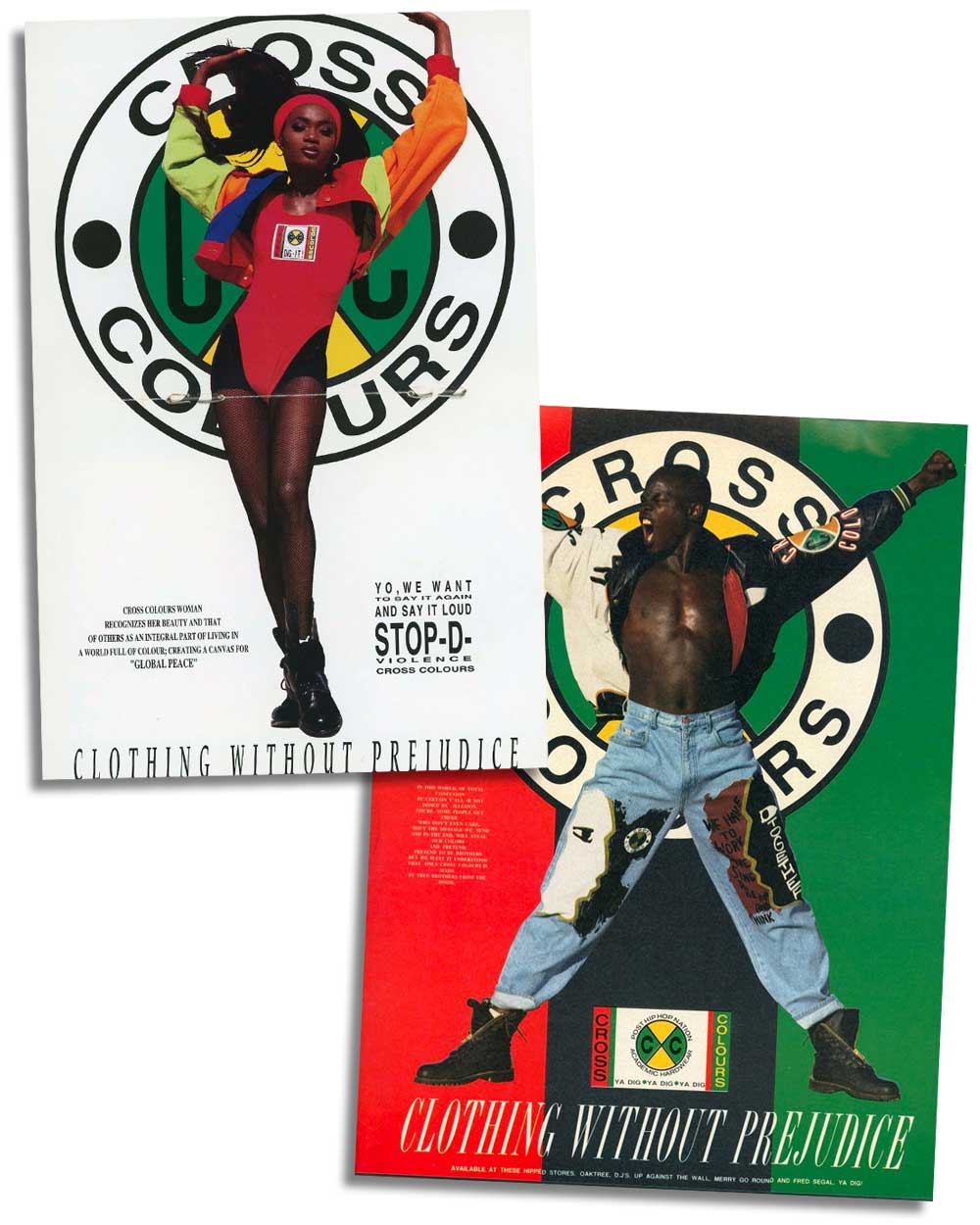
African American designer labels such as FUBU, Karl Kani, and Sean Combs were leading the way in the 80s hip-hop fashion movement.
Colours, Cross is a brand founded by T.J. Walker and Carl Jones that played a significant role in the rise of fashion hip-hop, specifically designed for Hispanic and African American youth.
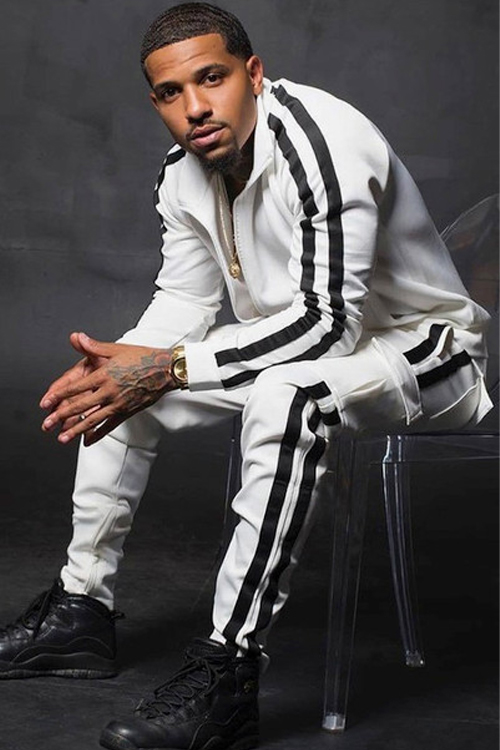
Colours Cross clothing was one of the first streetwear brands to consciously incorporate socially conscious messages into their designs, featuring slogans like “Violence D Stop” and “Elevate 2 Educate.”
Browse the Style
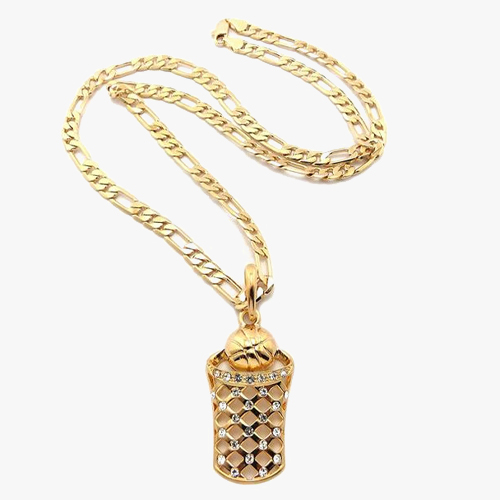
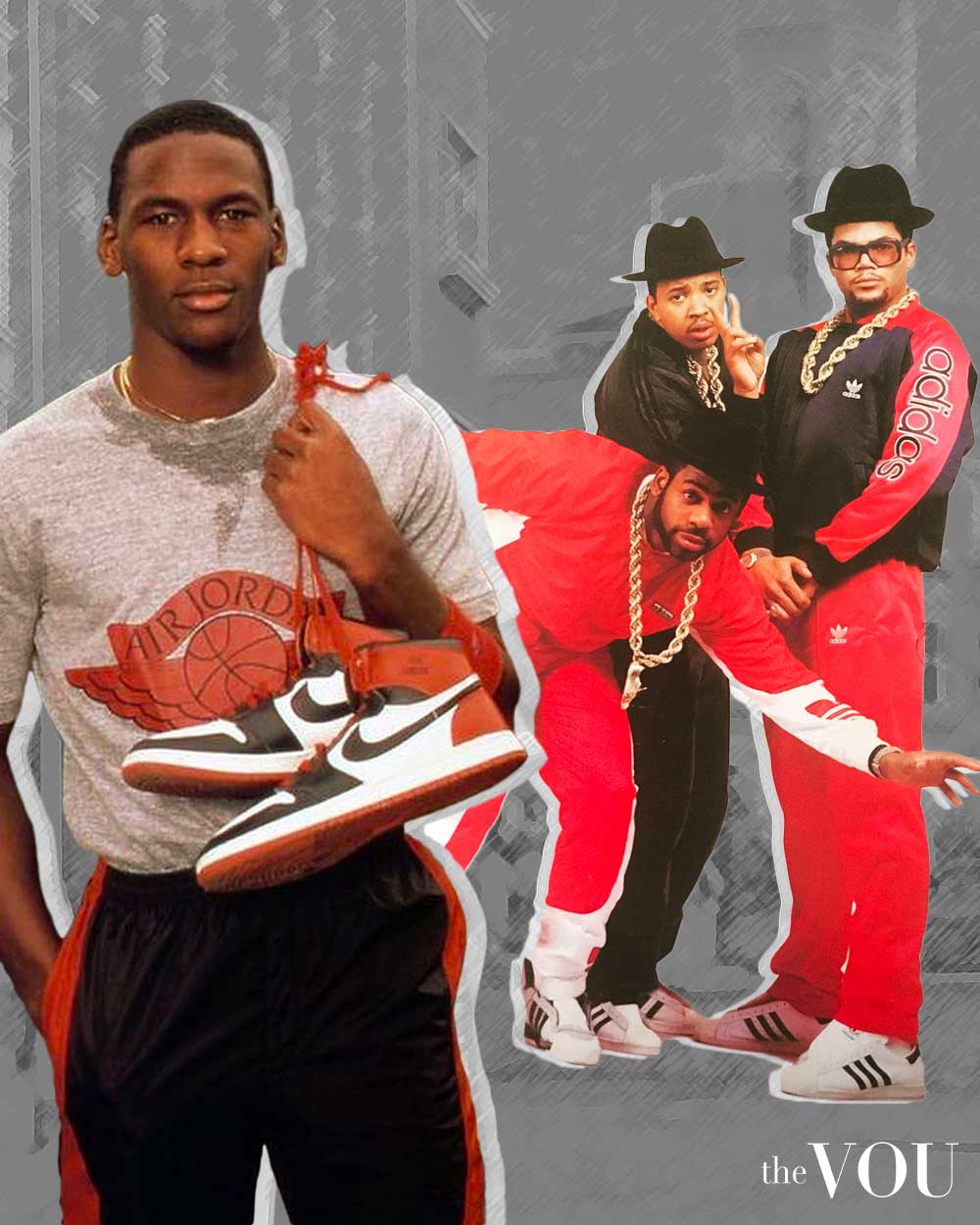
2. 80s Sneaker Craze Fashion
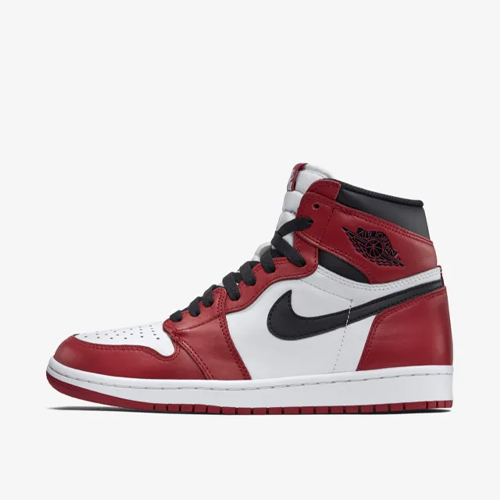
The emergence of the sneaker phenomenon played a pivotal role in African American communities, and sneakers were a fundamental element of the 80s hip-hop fashion trend.
After the introduction of Nike’s Air Jordan collection in 1985, these sneakers achieved global recognition, primarily because of the basketball legend Michael Jordan.
Rappers such as Run DMC, thanks to the influence of hip-hop and black culture, became increasingly connected to the sneaker culture of the mid to late 1980s, often seen wearing Adidas Superstars without laces.
Browse the Style
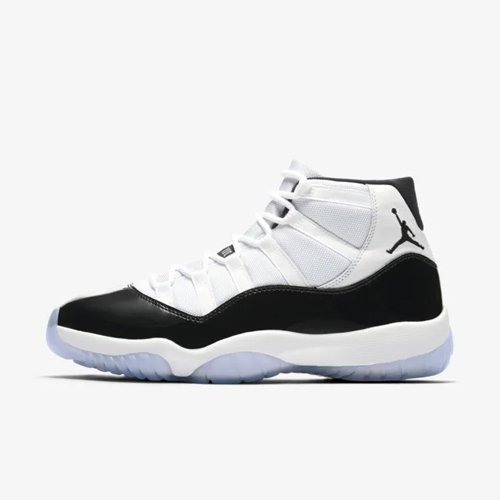
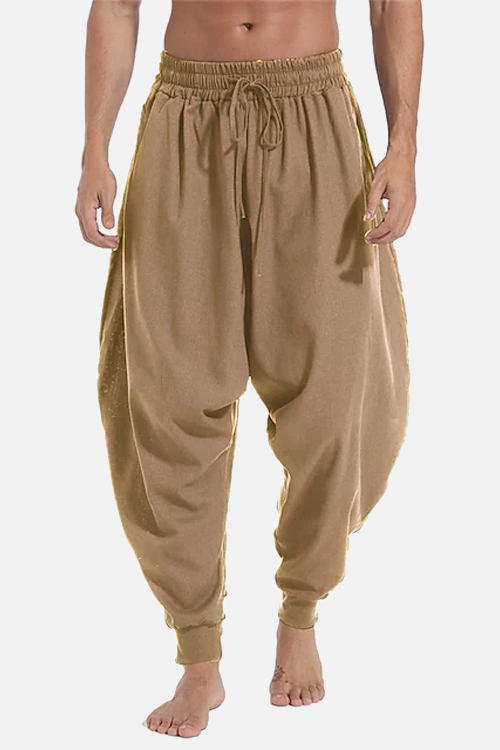
3. Style of Harem Trousers

Popularized by MC Hammer, the harem pants was another street style trend inspired by black and African American culture in the 80s.
Despite being a stylistic nightmare, harem-style baggy pants were all the rage in the 80s, especially the signature MC Hammer’s look, which was extremely popular.
Browse the Style
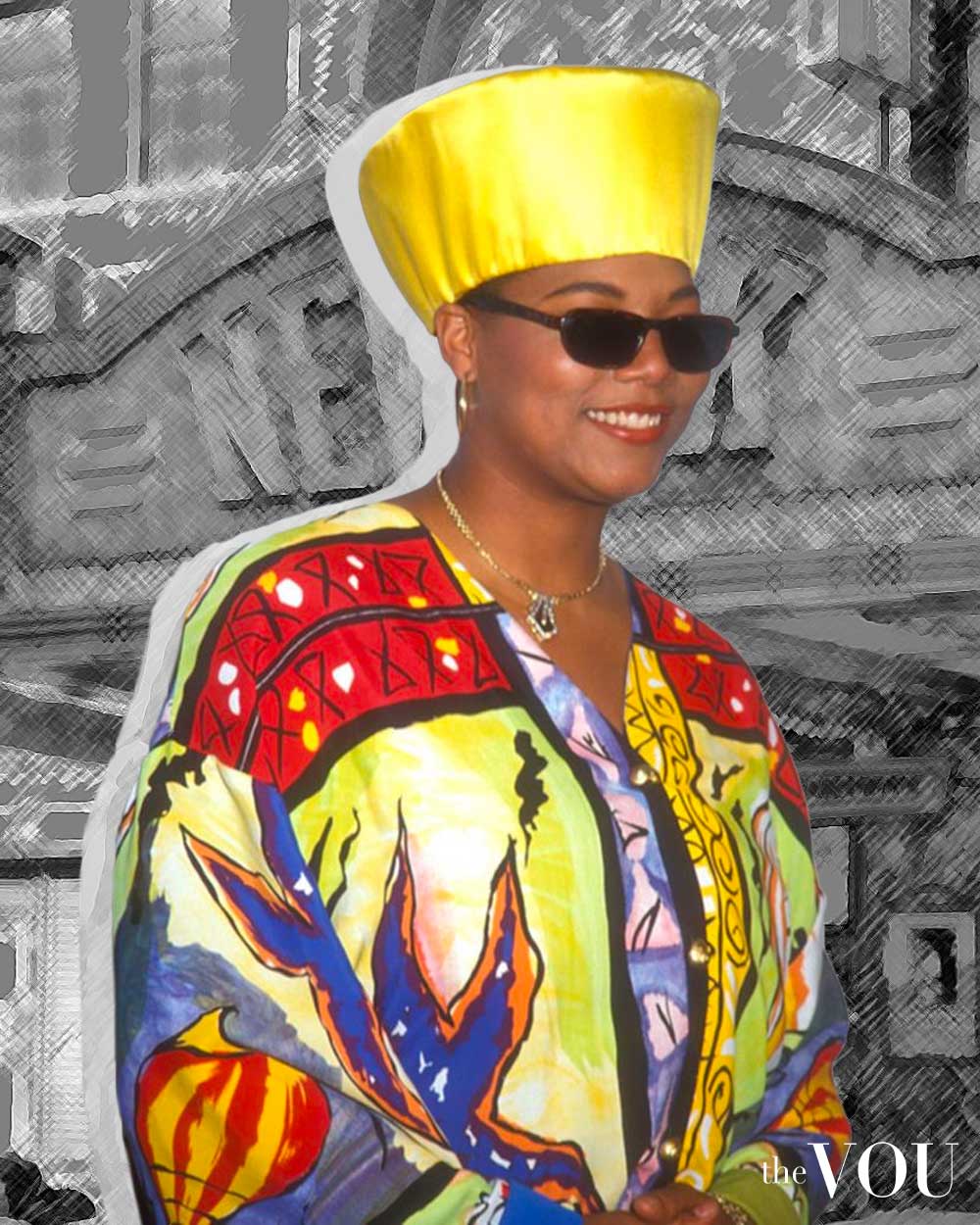
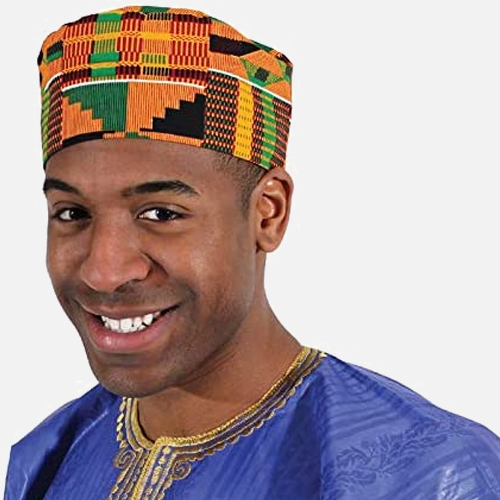
4. Dashiki and Kufi Designs

The 1980s witnessed the embracing of textiles and fashion trends paired with hairstyles that were distinctive to the black and African cultures.
The Dashiki, a loose-fitting tunic with a V-neckline, was a popular garment worn by both males and females.
The Kufi, a hat without a rim commonly made from West African Kente fabric, was also a stylish accessory that many black men wore.
Browse the Style
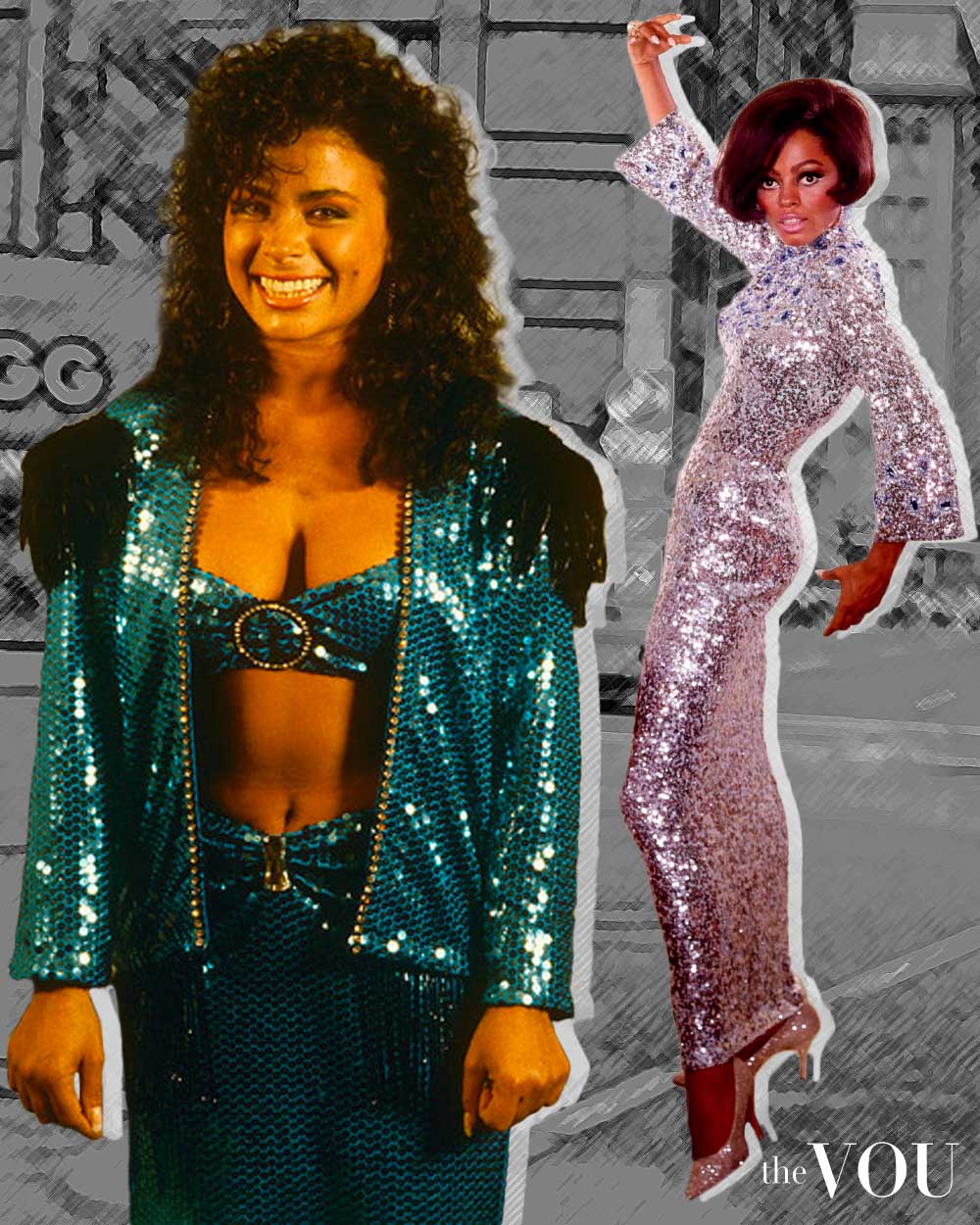
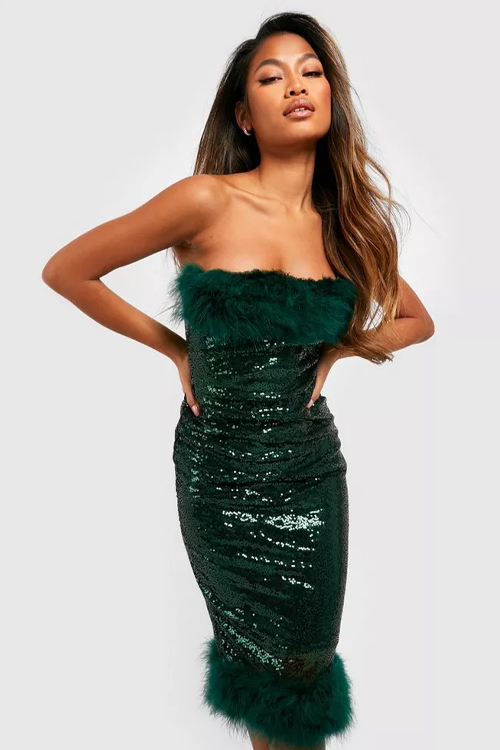
5. Style with Sequins Everywhere
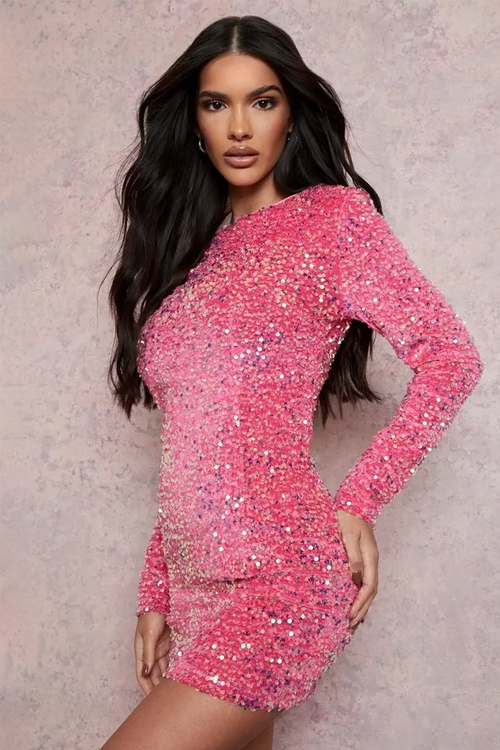
In the 1980s, African American celebrities were on a mission for equal rights, and the glittery decorations represented power and determination.
African Americans utilized sequins to incorporate shimmer and elegance into their eveningwear ensembles while commemorating their cultural legacy.
Michael Jackson and Prince, like trendsetters and icons of black pop in the 80s, wore extravagant sequin costumes and dresses in their music videos and stage performances, similar to Diana Ross.
Browse the Style
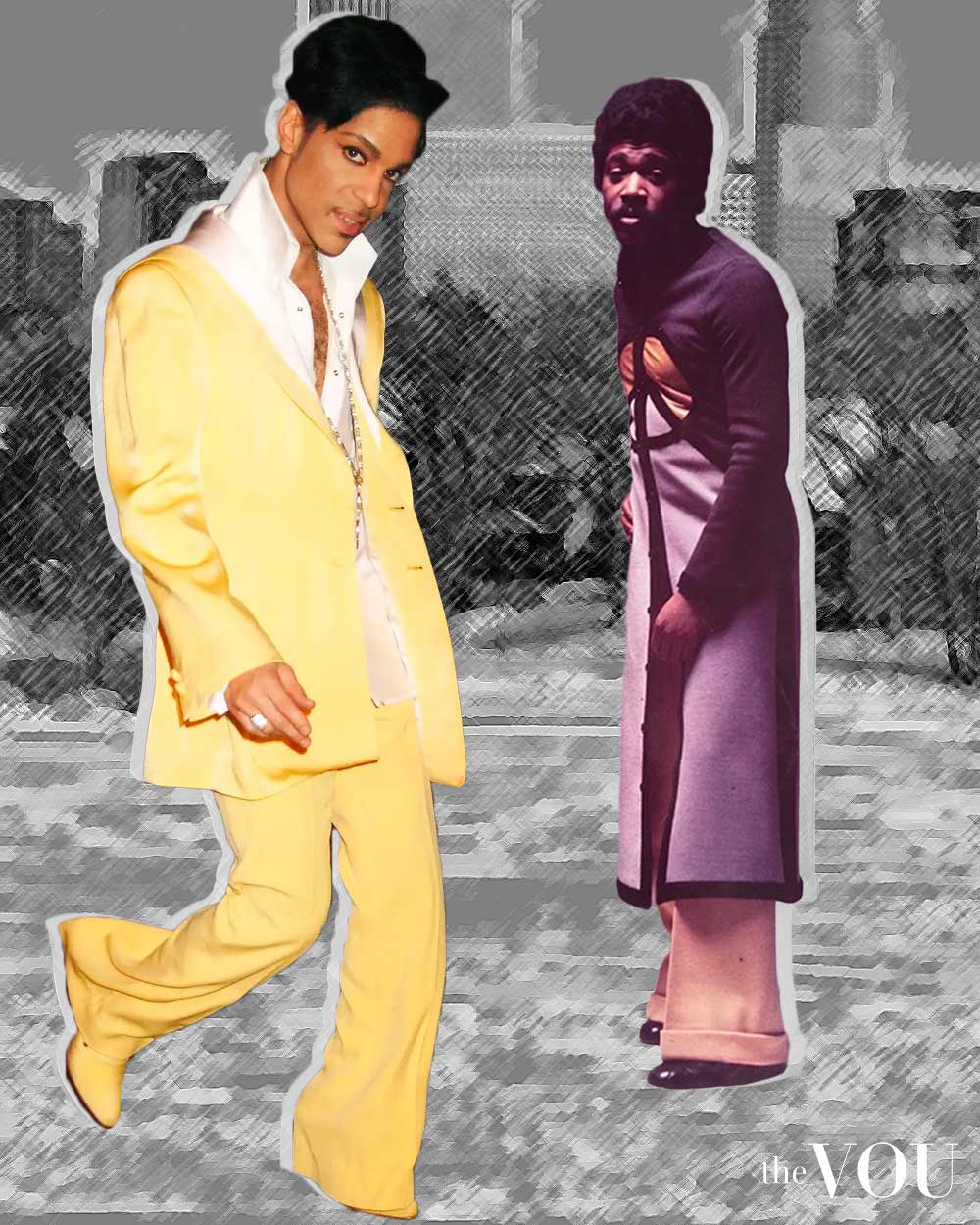
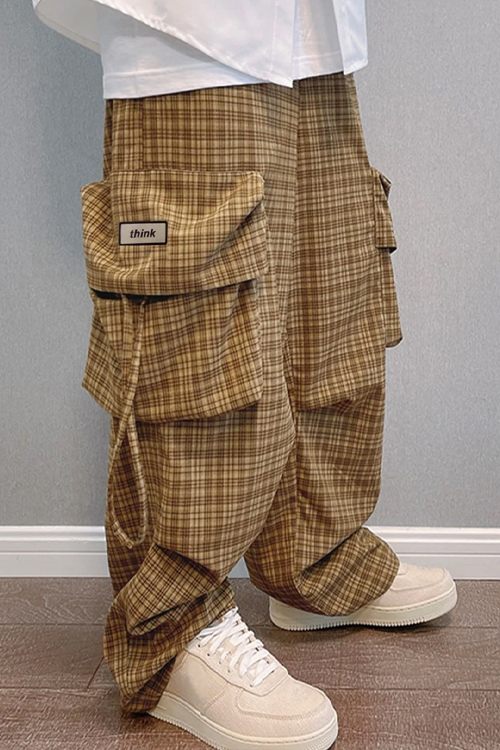
6. Trousers with a Wide Leg
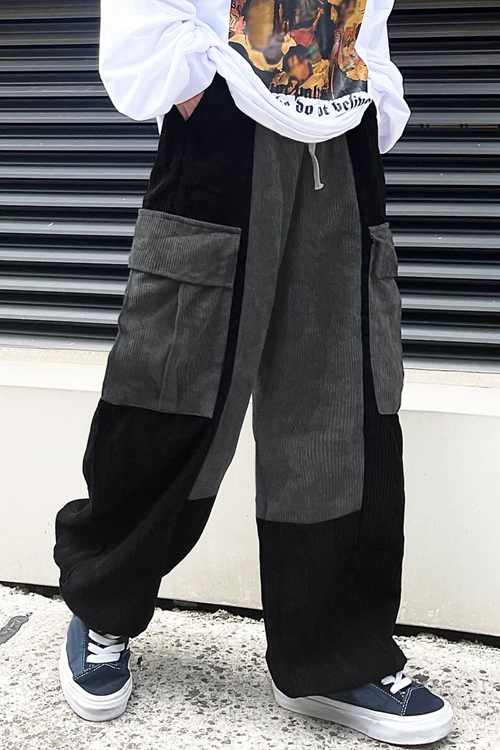
During the 1980s, wide-legged trousers gained popularity as a fashionable trend, especially within the black queer communities.
The wide-leg trouser style was embraced for its gender-nonconforming essence and capacity to offer liberation and flexibility in self-expression.
Jay Jackson’s unique and extraordinary designs, famous for their boldness and creativity, played a pivotal role in influencing the popularity of wide-leg pants.
His creations motivated a cohort of LGBTQ+ and non-binary fashion designers who persist in pushing limits and questioning conventional gender norms.
Browse the Style
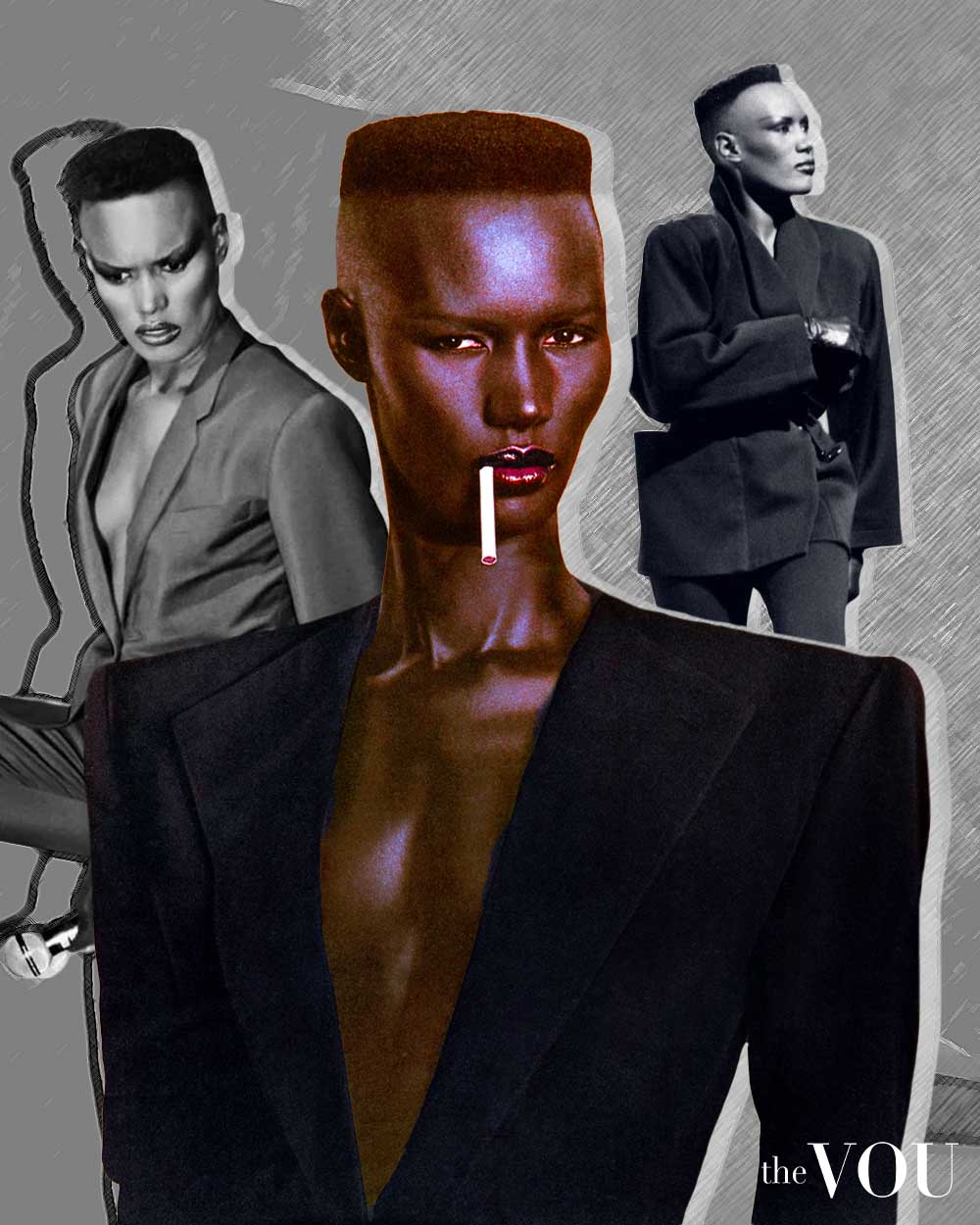
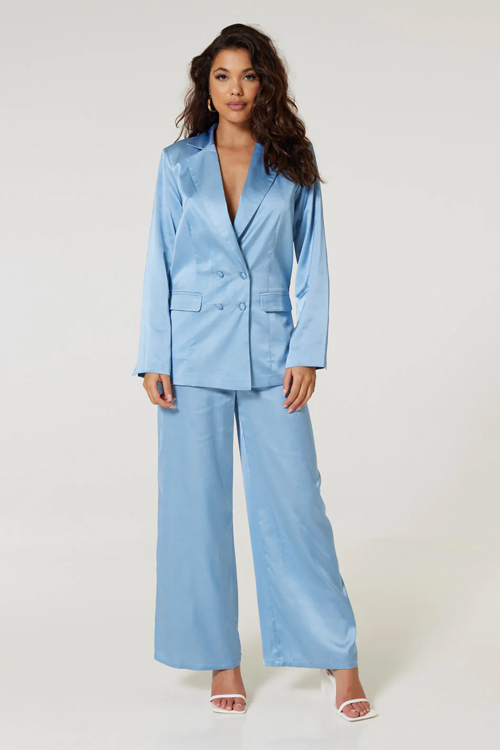
7 Styles of Power Suits
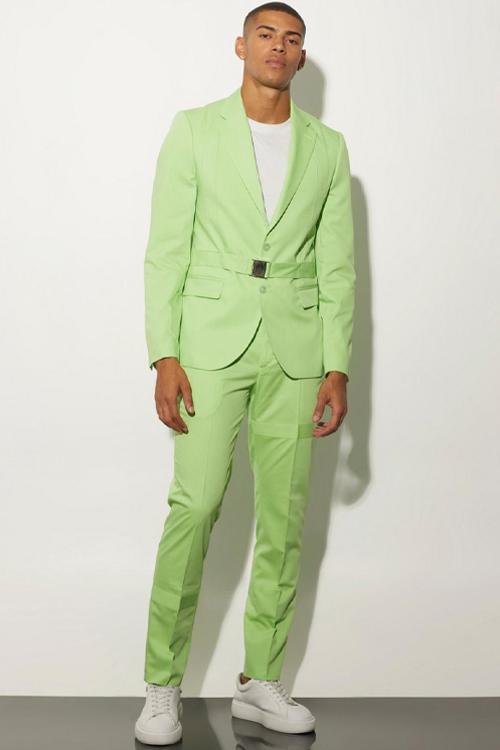
While already favored by men, power suits from the 80s also gained popularity among women.
The initial appearance was defined by crisp, well-fitted contours and exaggerated shoulder pads for a bolder outline.
However, the power suit look of the 80s was augmented by designers Kelly Patrick and Smith Willi, who incorporated unique elements, stylistic characteristics, and colors from black and African cultures.
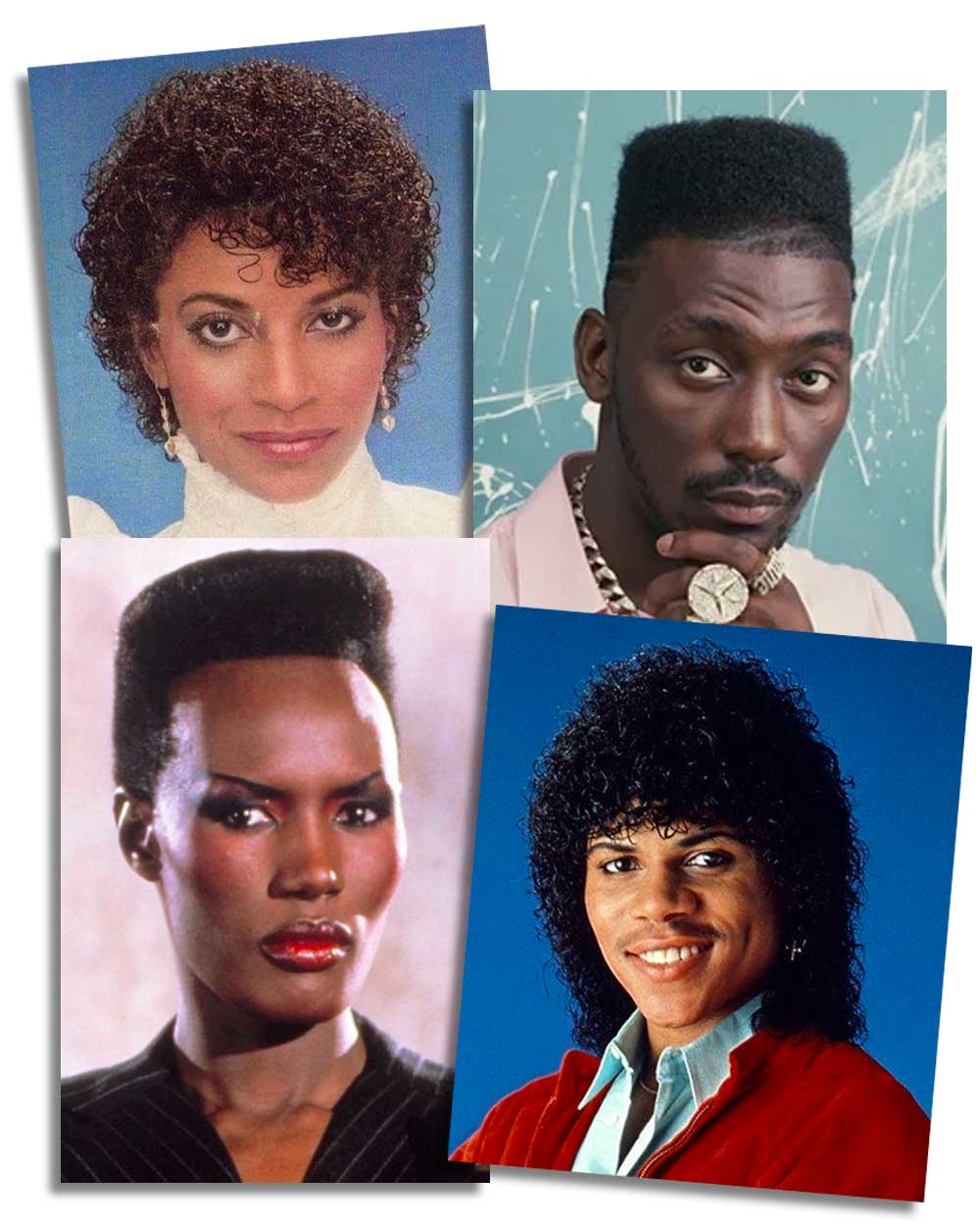
Celebrities like Whitney Houston and Grace Jones wore bold-colored suits on stage during the 1985 film “A View to a Kill” and the 1984 film “Conan the Destroyer,” resembling the power suits of James Bond.
LL Cool J, Salt-N-Pepa, and Mike Tyson, among others, adorned themselves with the fashionable creations of Dapper Dan, the Harlem-based designer famous for crafting bespoke garments adorned with logos from esteemed luxury brands such as Gucci and Louis Vuitton, thereby becoming iconic figures in the 80s celebrity scene.
Browse the Style
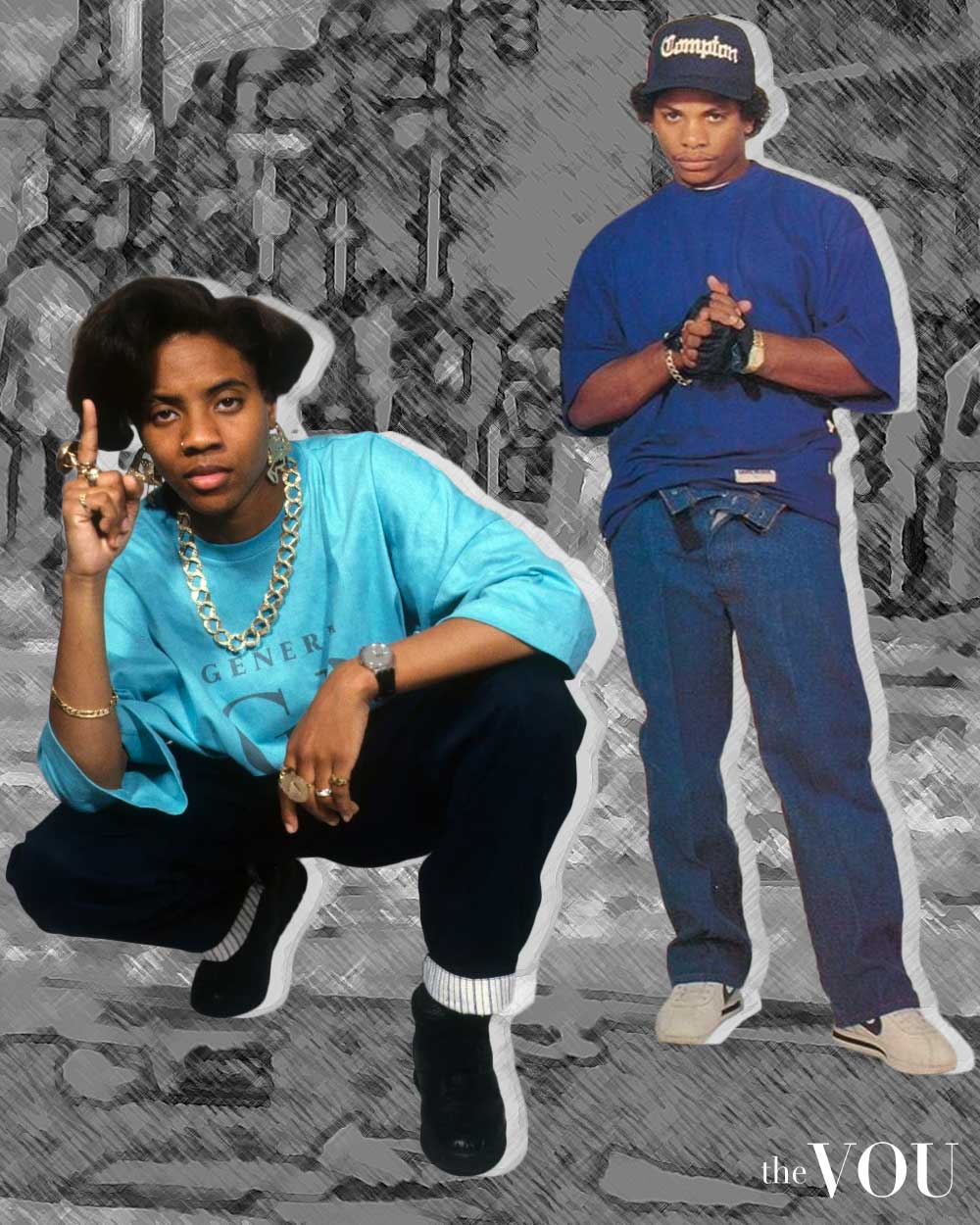
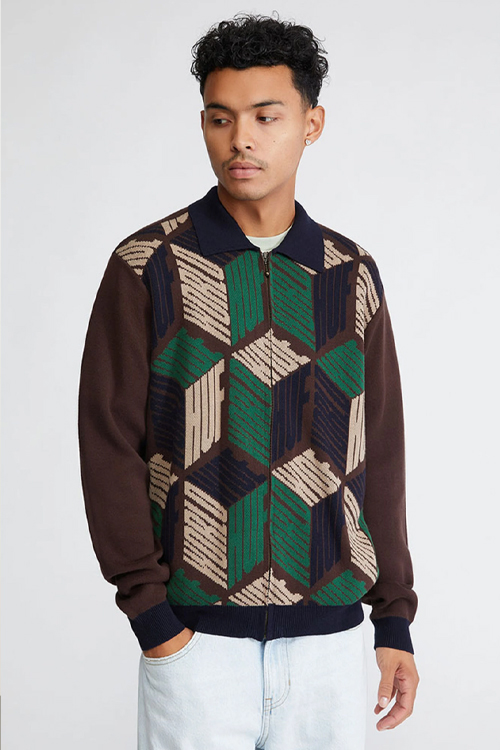
Finding 80s Hairstyles for Black Hair that Match
Jheri curls and high-top fades were two of the most trendy hairstyles of the 80s, made famous by African-American icons.
The Jheri coils are renowned for their relaxed and glossy curls, whereas high-top fades or the flattop haircut are characterized by trimmed sides and elevated, level tops.
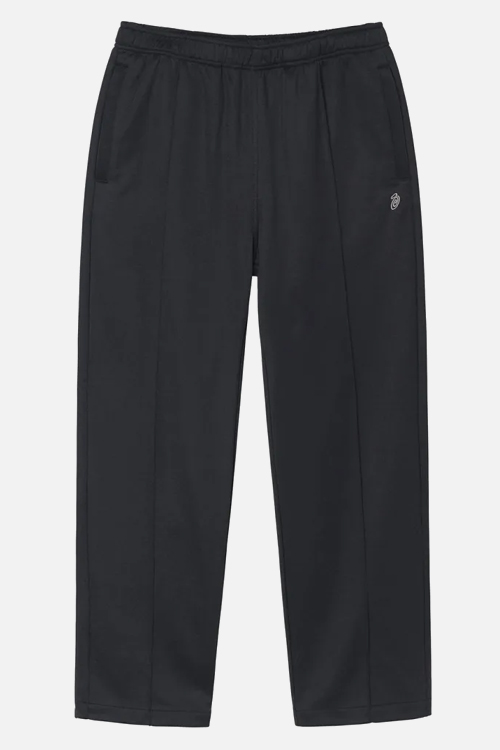
Celebrities such as Diana Ross, Donna Summer, Janet Jackson, Iman, Kid’ n Play, Big Daddy Kane, Eriq La Salle, Lionel Richie, and Witney Houston played a significant role in promoting these 80s African-American hairstyles.
The white communities eventually embraced the two hairstyles through popular figures such as Justin Timberlake, Kenny G, Brian Bosworth, and Vanilla Ice.
Influence of 80s Black Fashion on Contemporary Style
The dark fashion trends of the 80s have greatly influenced the contemporary scene.
Here are some examples of how the fashion trends from the 1980s, particularly black fashion, have continued to influence modern clothing styles.
Streetwear
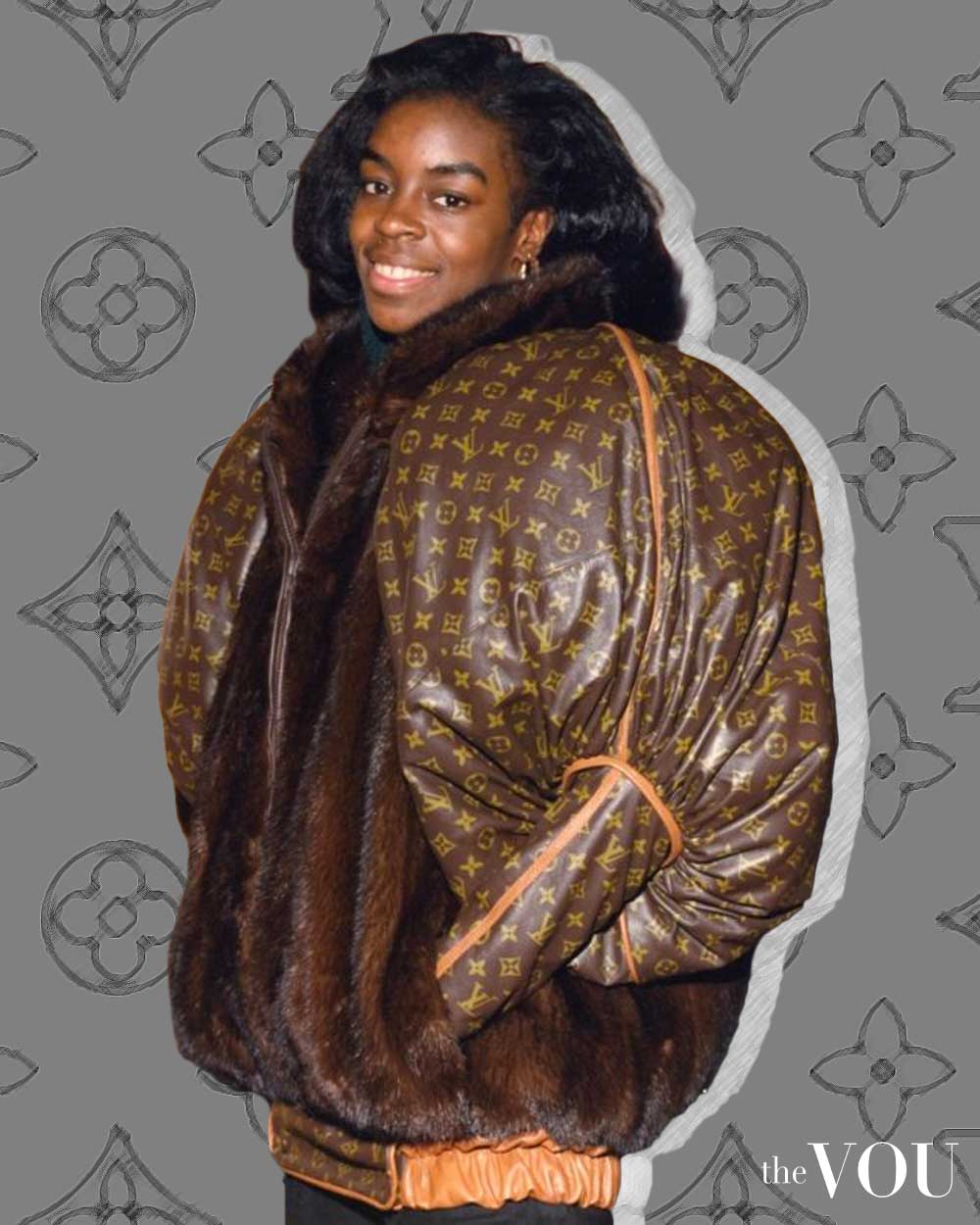
The 1980s is linked to the emergence of streetwear, a fashion influenced by the hip hop and African American communities.
Brands like Cross Colours and Karl Kani created clothing for young, urban people, and the style quickly spread beyond the black community.
Currently, urban fashion has emerged as a global phenomenon, with brands like Supreme and Off-White taking the lead in this industry.
Browse the Style
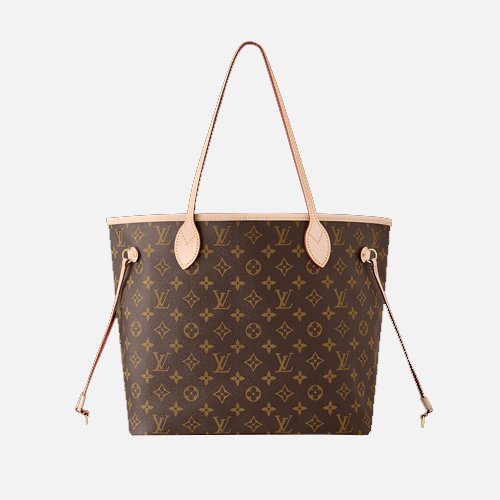
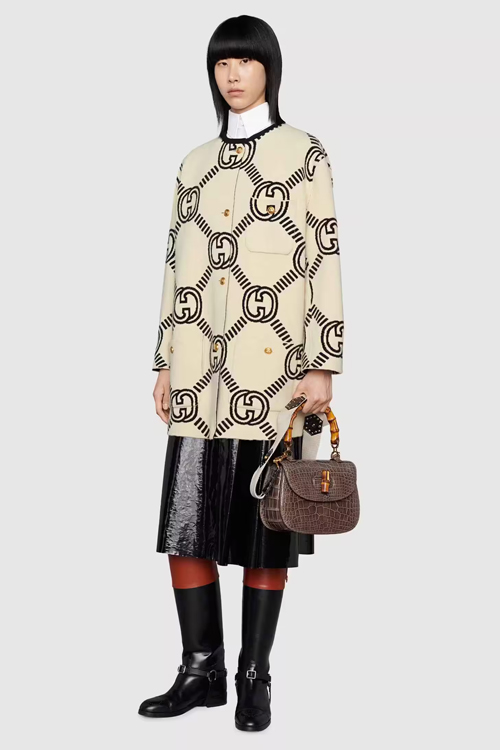
Logomania
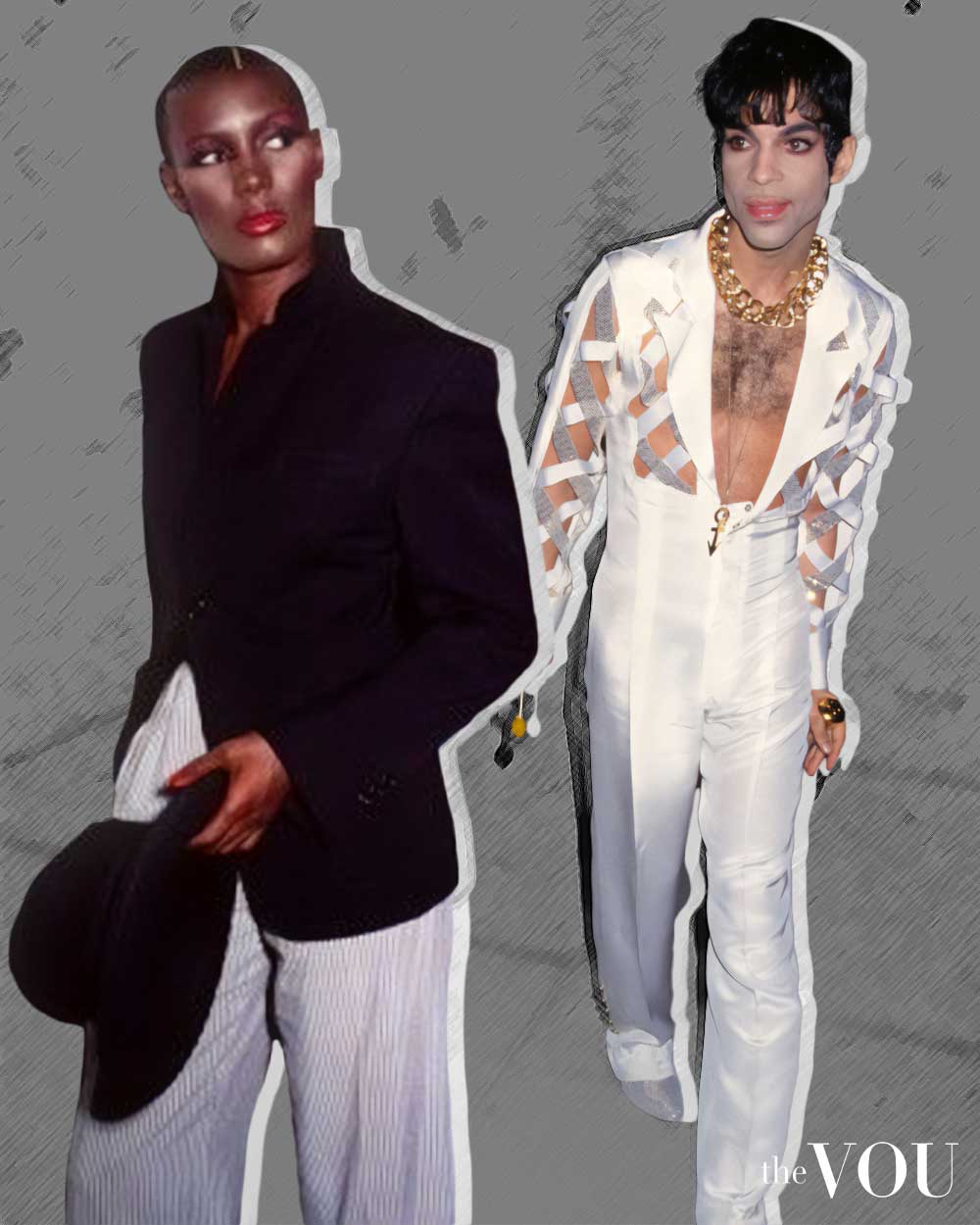
During the 1980s, Dapper Dan produced personalized clothing designs that incorporated prestigious brand logos such as Gucci and Louis Vuitton.
In the present day, logomania is one of the most trendy fashion movements, with numerous designer labels integrating logos into their creations.
Browse the Style
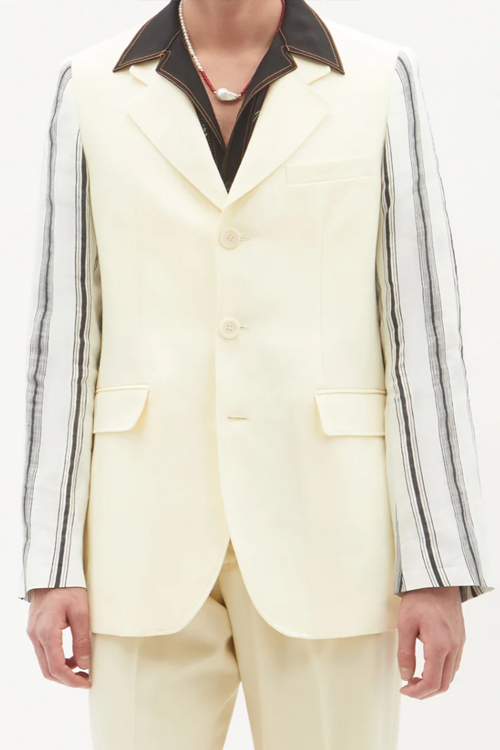
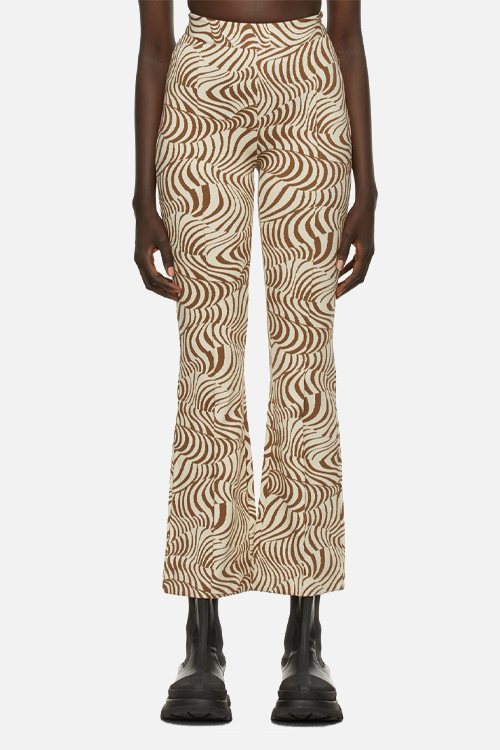
Gender-neutral Fashion
Androgynous style is celebrated as the beginning of the 80s, all thanks to performers such as Grace Jones and Prince who challenged the limits of conventional gender expectations.
Nowadays, the popularity of androgynous fashion has reached new heights, with numerous designers crafting clothing lines that cater to both genders.